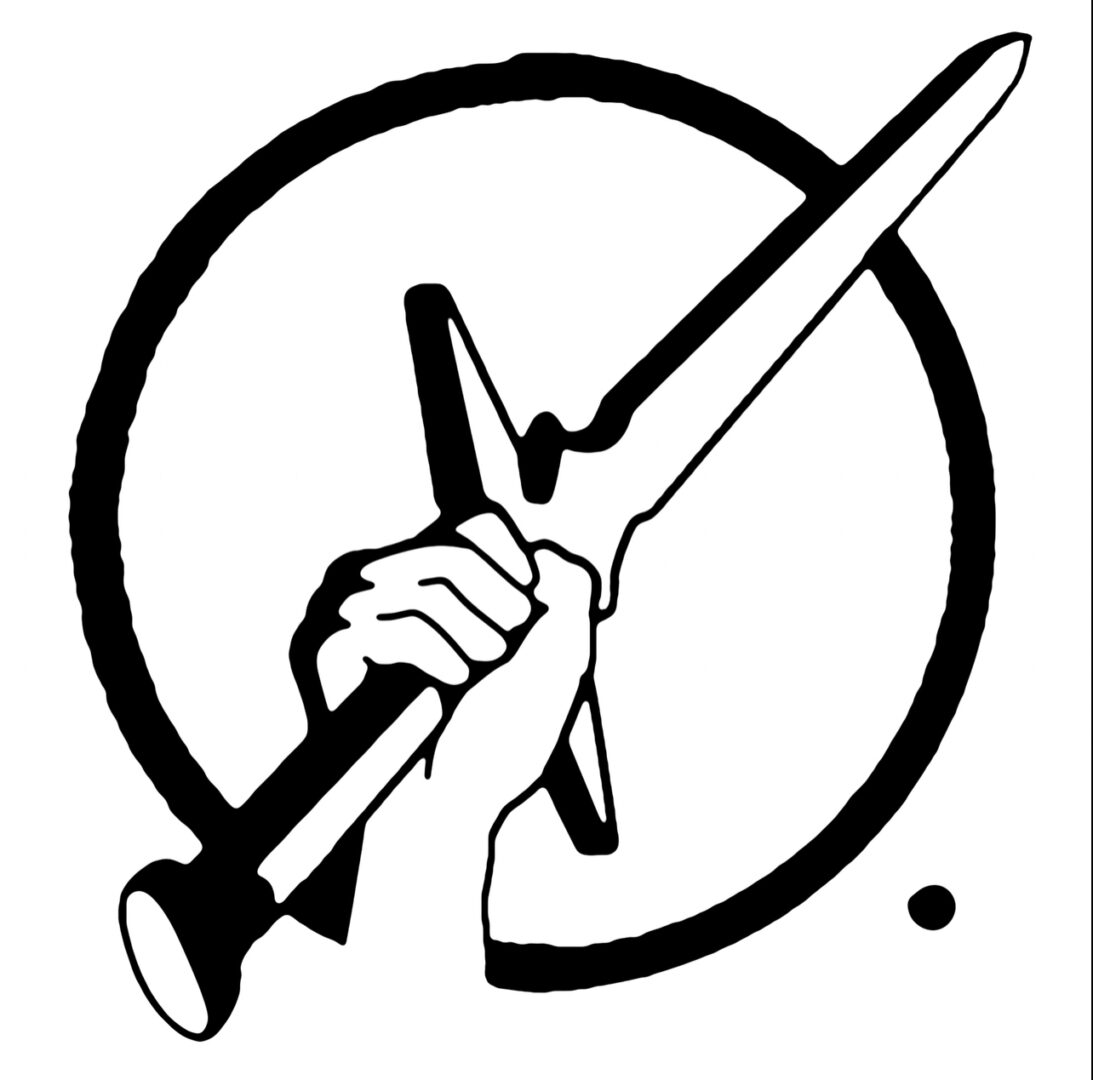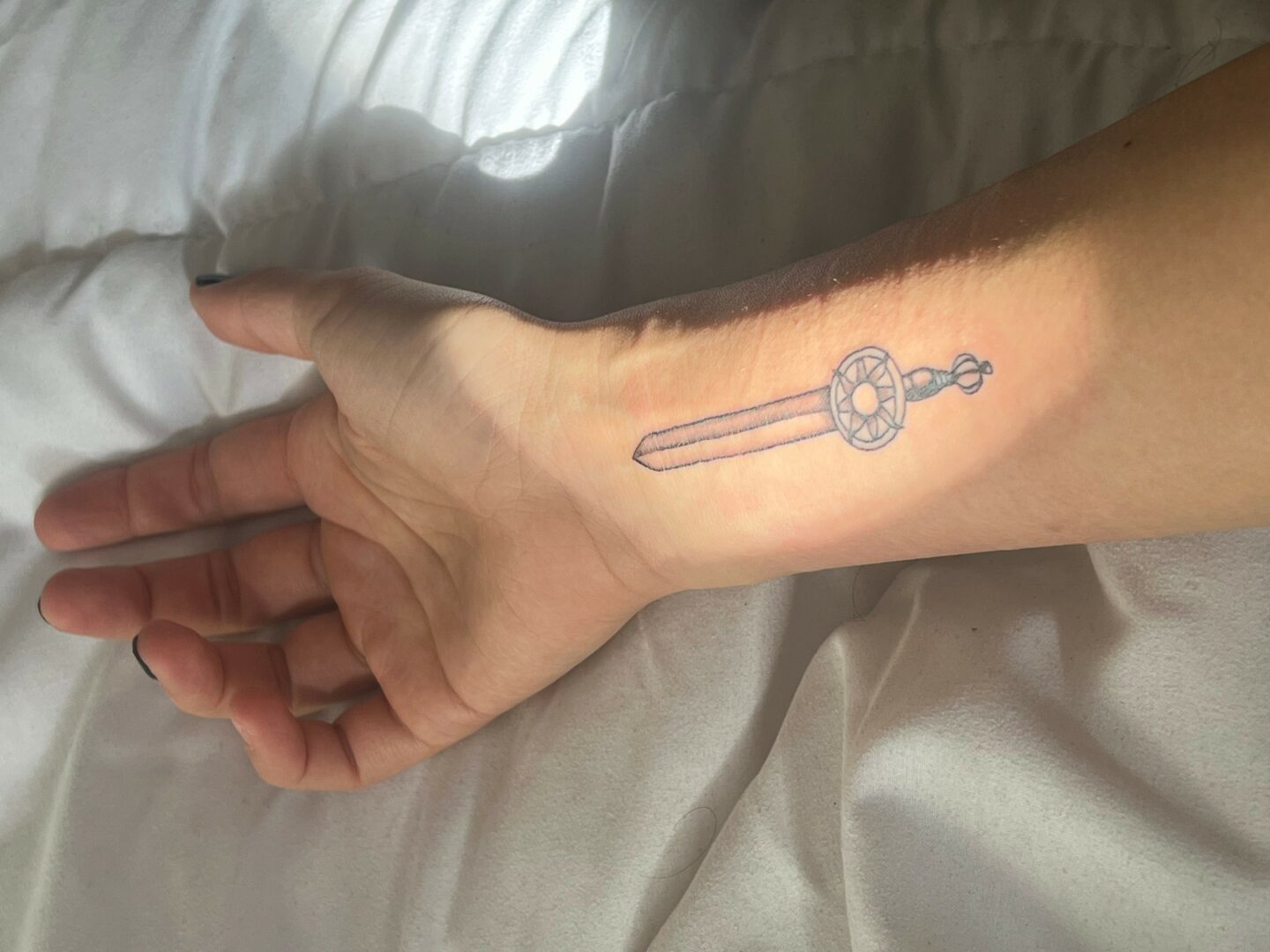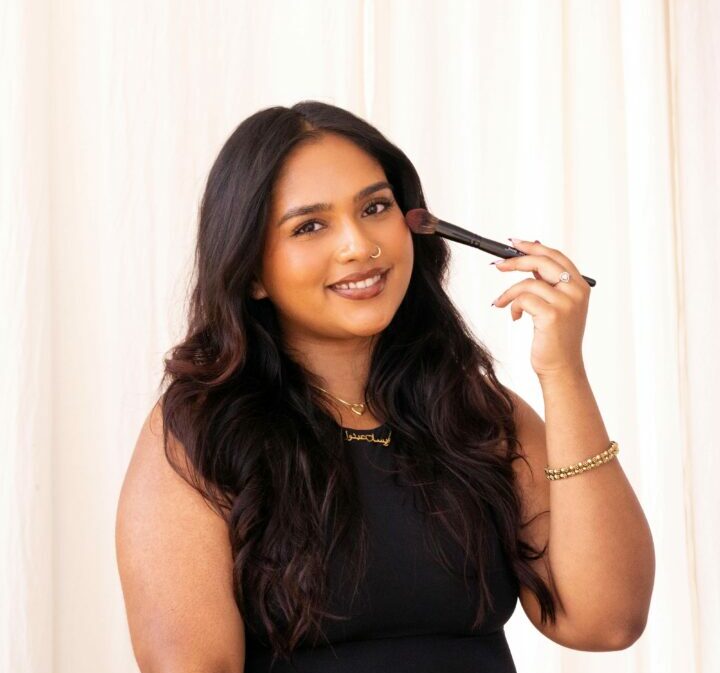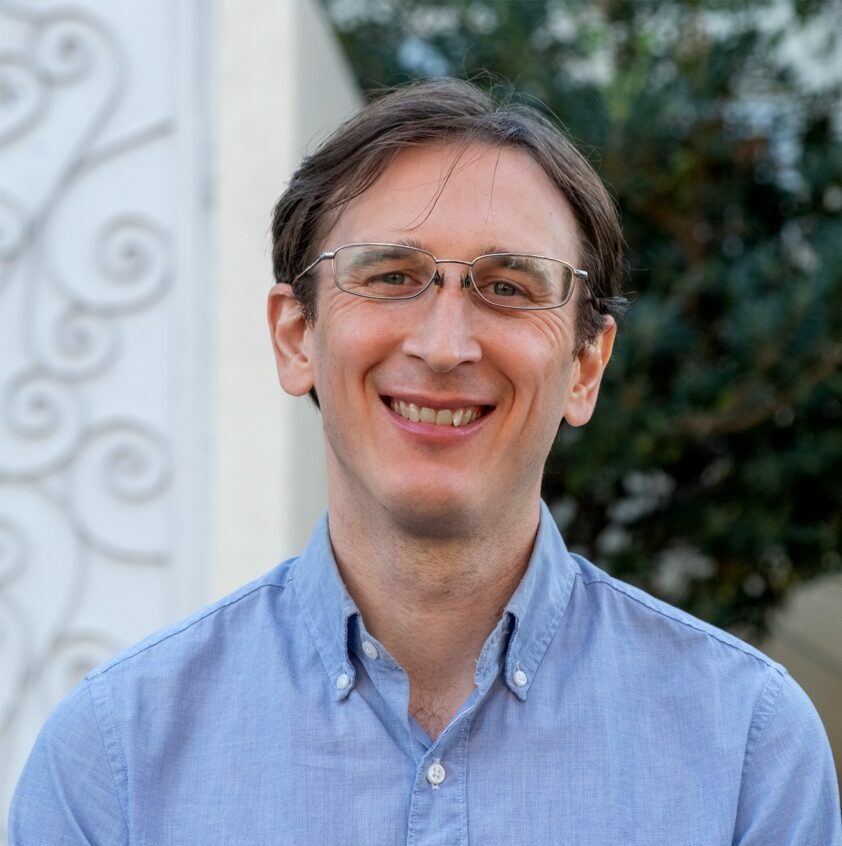We caught up with the brilliant and insightful Magpie Mock a few weeks ago and have shared our conversation below.
Hi Magpie, thanks for sharing your insights with our community today. Part of your success, no doubt, is due to your work ethic and so we’d love if you could open up about where you got your work ethic from?
I imagine it first clicked during the first job I worked when I was 17. It was a retail job in a busy mall that I grew tired of pretty quickly. While I was in the process of finding a new job, I remember complaining about my current position to my parents. I really didn’t like my boss at the time and felt that he was unfair and rude for no reason. I made a passing comment about slacking off out of spite. That was the first day I had a conversation with my parents about character. I remember them saying “Your boss may deserve the bare minimum or less, but is that the kind of person you want to be?”. And at first I said that I didn’t care. I was mad and I wanted to teach him a lesson and be awful. Prove to him that his style of managing people doesn’t work. But after talking more, they helped me flesh out the idea of “Do you really want him to have that much control over you? So much control that he affects your character and how you choose to show up in the world?”. They talked a lot about how I was giving him so much power by allowing him to dictate how I acted. And eventually I think it just clicked that they were right. I could still choose to leave because I couldn’t tolerate working for him. But I could ALSO still show up every day for the rest of my time there and be my best. I could choose to leave everybody with no option but to admit that I was kind, and earnest, and hard working. I could decide that he didn’t have power over how I chose to carry myself. I think that understanding bleeds out a lot into my general work ethic. I tend to ask myself: Is this how I want to show up to the world? Would I be proud of myself for this? Can I choose to be better in this situation?
This is not to say to always tolerate toxic situations or keep your head down. This is just to say: do your best in everything you do. Always be the person you would be proud of or look up to. Change things if you need the change, but don’t compromise your character. Don’t give something or someone the power to change who you are.

Great, so let’s take a few minutes and cover your story. What should folks know about you and what you do?
I am a coach! Plain and simple: I love people, and I love doing my best to help people feel seen, heard. and valued. Having been trained by my father, Adam Mock (who works with Hall of Famers, Olympians, and brands like Nike, PayPal, and Converse), I’ve learned through him the power of just listening and asking the right questions. As humans, it’s so common for us to get caught up in a web of half-truths and the opinions of other people. It’s easier and easier to lose yourself with the amount of information we’re all constantly taking in. Coaching helps uncover and rediscover lost dreams, memories. and passions. While also helping you better understand your core values, your strengths, and how best to utilize and live by those things. I think something a majority of us struggle with is thinking to ask ourselves “what?”. “What do I want?”, “What’s stopping me from having that?”, “What are some strong steps I could take?”. For some reason, it can be so difficult to be blunt and honest with OURSELVES. We make up excuses or justifications and it slowly buries our true feelings. Having the safe-space outlet to explore what you’re really thinking and feeling is incredibly illuminating, and it helps so many people begin to live more authentically. It forms healthy and progressive habits that keep you moving forward instead of being stuck in the analytical phase of figuring out your feelings.
I like to tell people “if you need an emotional blacksmith, hit me up.”, because that’s how I view coaching. I’m helping you form the metaphorical armor and weapons you need to continue your adventure. I’m not trying to slap a bandaid on the problem, I’m not trying to toxic-positivity you out of your emotions, I’m just trying to help you forge something real and useful. Something that will help you feel safe and confident on your journeys ahead.

Looking back, what do you think were the three qualities, skills, or areas of knowledge that were most impactful in your journey? What advice do you have for folks who are early in their journey in terms of how they can best develop or improve on these?
1. Practicing courage. This is my focus in coaching. Courage Through Fear™. Bravery is a tricky practice. It’s one of those “easier said than done” type deals. But it’s nearly impossible to do anything of value without pushing through some fear. If you let fear act as the thing that controls your decisions, you’ll have a really hard time moving forward. And as someone with an anxiety/panic disorder, I know this to be the truth. You will feel stagnant most of the time if you don’t overcome the fear. Learn how to push forward even when it’s scary.
2.. Learning to become a coach I had to get REEEAAALLY good at admitting I was wrong. You cannot begin to learn if you don’t acknowledge your failures. There’s so much freedom in curiosity and being able to say “I was wrong. Can you teach me?”
Learn to fail and admit you were wrong. It teaches you what doesn’t work.
3. Be interested, not interesting. Everyone wants to talk about themselves, it’s only natural. We are communal creatures who seek validation and identity. There is nothing wrong with wanting to share things about yourself and enjoying positive attention. However: It’s also incredibly important to community to learn how to make OTHERS feel seen. Learn to ask questions. Learn to take genuine interest in other people’s lives. Learn to love unlocking these stories in people. You’ll end up being someone people want to be around because you make them feel good about themselves. A lot of the time they’ll return the favor. But even if they don’t, you will always have the knowledge that you showed up as the person who exuded warmth and interest in somebody’s life. (And maybe you’ll get an interesting story out of it!)

Thanks so much for sharing all these insights with us today. Before we go, is there a book that’s played in important role in your development?
This is a strange one, but I take every opportunity I can to talk about it.
Maddapple by Christina Meldrum. It’s fiction, and it’s phenomenal.
It’s a quirky and kind of dark story about a girl who is incredibly knowledgable and sheltered being exposed to the “real” world for the first time. I read this when I was about 16 or 17 and it genuinely, without exageration, changed my life. Something about being forced to read an intriguing (and often unpleasent) story through the perspective of someone who does not understand things the way I do changed the way I view people. It was like something clicked into place for me in my understanding of perspective. The fact that such wild things could be viewed through a lense of beauty and curiosity was inspiring to me. It’s hard to talk about it without spoiling anything, but I encourage everybody to read it. Christina was an incredibly eloquent author with a unique voice who really understood how to get a heady point across in an effective way. And I swear to God it formed new neuro-pathways in my brain. I often joke about who I would be if I hadn’t read it.
Contact Info:
- Website: https://www.magpiemock.com
- Instagram: @magpiemock

Image Credits
Gabriel Mock (for the hand holding a sword illustrated logo)
so if you or someone you know deserves recognition please let us know here.




